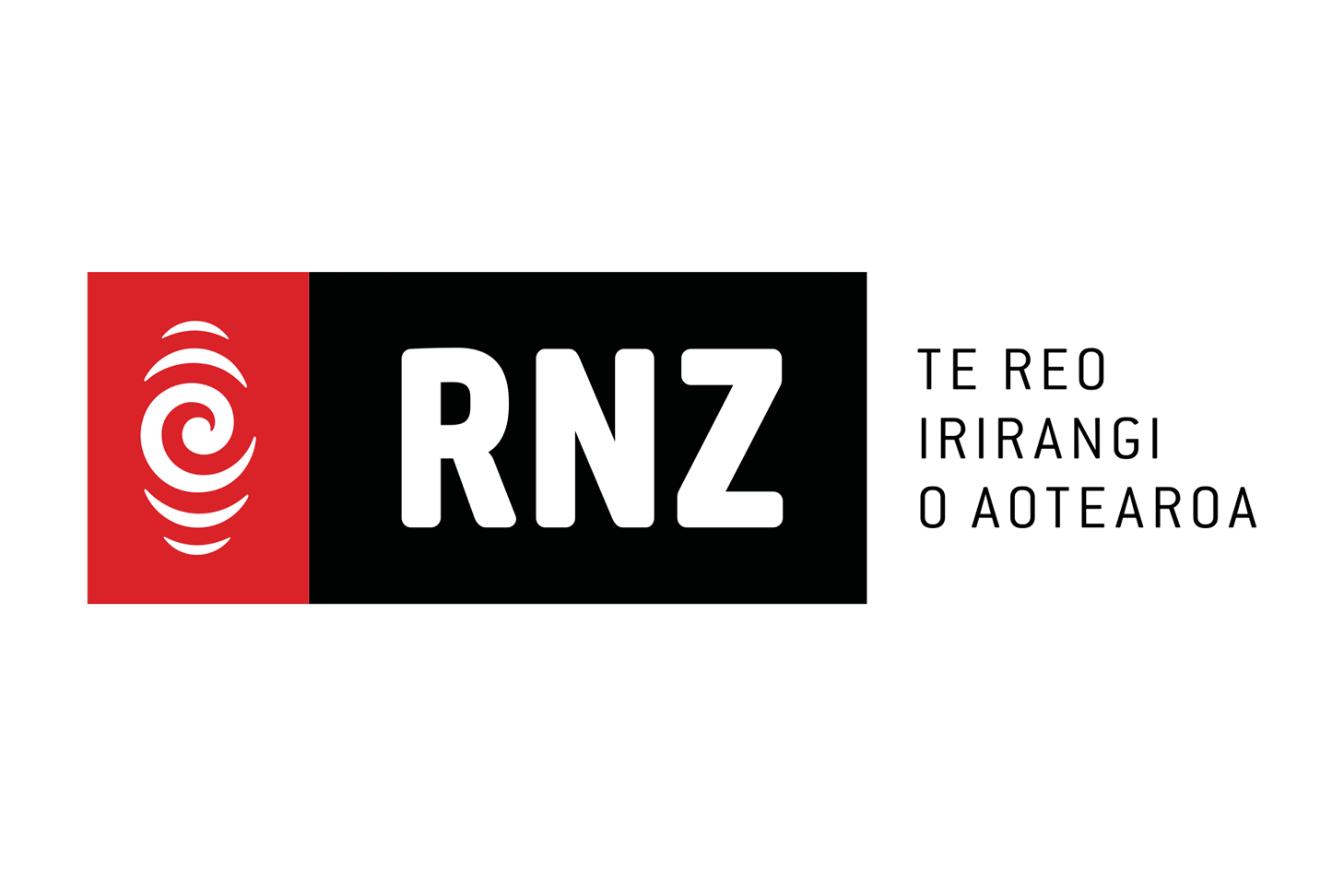Governance Group will explore viability of new entity to replace RNZ and TVNZ.
The newly appointed group of eight will oversee the policy and business case for establishing a new independent, multi-platform public media entity. This will include exploring the potential for a mixed funding model, its legal structure, the organisation’s role in a rapidly changing media landscape, audience behaviours and expectations, and support for Māori media and Pacific audiences. The group will also gather input on developing a new Charter. Former First Party deputy leader, Tracey Martin, will chair the group.
Under the banner Strong Public Media, the proposed public media entity would replace broadcasters Radio New Zealand (RNZ) and Television New Zealand (TVNZ). Minister for Broadcasting and Media Kris Faafoi assured that the new entity would have full editorial and operational independence from the Government.
The Governance Group includes:
- Broadcasting Standards Authority chair Glen Scanlon – a former head of news at RNZ
- Former MediaWorks chief executive Michael Anderson
- TV producer, former reporter and member of Prime Minister’s Business Advisory Council Bailey Mackey
- Broadcasting and technology consultant William Earl
- Dr Trisha Dunleavy, Victoria University of Wellington media academic
- Producer Sandra Kailahi, former journalist at TVNZ’s Tagata Pasifika, Te Karere and Fair Go
- John Quirk, former chair and director of state-owner transmission company Kordia
RNZ Chairman, Dr. Jim Mather, welcomed the announcement and expressed RNZ’s support to the Parliament’s Social Services Committee. He was quoted in a press release saying:
“We believe, as a board and an executive team, that this is a once-in-a-generation opportunity to create a stronger public media system that will benefit all New Zealanders and ensure we stay connected, informed, and part of a cohesive democracy.”
Background: Find out more about “Strengthening Public Media” in New Zealand
He added that the new entity would need to have a mandate to “collaborate” rather than “compete” with other media organisations, “and great care will need to be taken to ensure a sustainable and adaptable underlying financial model is established.”
He concluded: “Our focus at RNZ is on ensuring that we continue to perform strongly so that our people, services, and public media ethos make a significant contribution to the proposed new entity.”
The business case is expected to be completed and submitted to Cabinet by the middle of 2021, before Cabinet decides on the potential new entity by the end of the year.
RNZ is a member of the Public Media Alliance.
Header image: Wellington New Zealand – February 9 2020: Sign on building of Radio New Zealand, which is the main public broadcaster in radio, providing commercial-free radio. Credit: Jon lyall/Shutterstock
Related Posts
27th August 2020
RNZ to Expand Local Democracy Reporting Programme
Press Release | Radio New Zealand (RNZ)…

